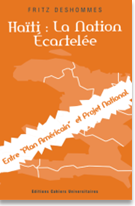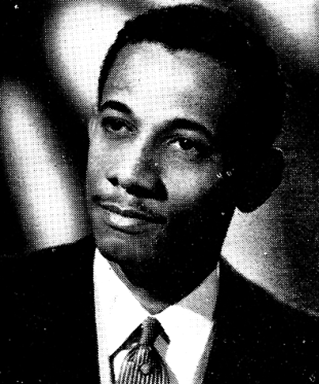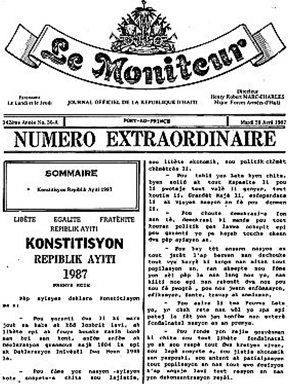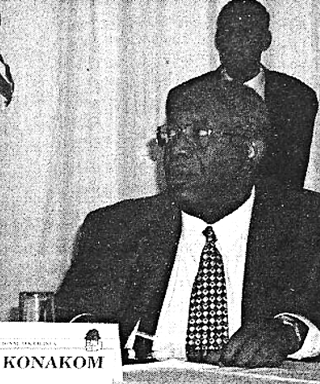 "The Democratic Movement" by Fritz Deshommes, Ph.D.
"The Democratic Movement" by Fritz Deshommes, Ph.D.
Deshommes is Professor of Economics at l’Université d’état d’Haïti. He has written numerous books, such as Haïti: la nation ecartelée (2006). Below, Deshommes explains how over 800 representatives attended the First National Congress of Democratic Movements in early 1987.
Peasants, workers, intellectuals, merchants, industrialists, artisans, Catholic priests, protestants, Vodou practitioners. They were more than 800 in all. Over 800 delegates from 284 different organizations spread across the country. They all had their own worries, concerns, and questions. But they also came with visions, dreams, and projects for the future. Most had never met. Nevertheless, no one said, "put two Haitians together and they create three political parties." Instead, they talked for four days and even reached an agreement on a new direction for society.
The resolution they produced denounced "the traditional political system," because it "does not encourage the participation of the majority, especially not the peasant." They wanted "a society where tout moun se moun," where everyone is treated like a person. They wanted to improve agriculture, reverse dependency, promote Kreyòl, and "separate the police and the army."



When the military government was in power, the Haitian people were mostly excluded. Nevertheless they were determined to stop the neoliberal policies put in place by the Minister of Finance, Leslie Delatour. They needed an instrument to help them in this struggle. So they turned to the constituents who were elected to write Haiti’s new constitution. The constituents sided with the Haitian people so that their work would have legitimacy and respond to popular concerns.
Diverse personalities, civic groups, professional associations, and all types of other organizations from every corner the country had a hand in the development of the new constitution. It was a collective work that crystalized the popular demands of its time.
Contrary to what is sometimes believed, there was more to the Constitution of 1987 than Article 291, which prohibited anyone closely associated with the Duvalier dictatorship from seeking public office. The constitution promoted agricultural reform, the decentralization of political power, the struggle against discrimination and exclusion, and equality among all citizens, regardless of class, race, language, or religion.